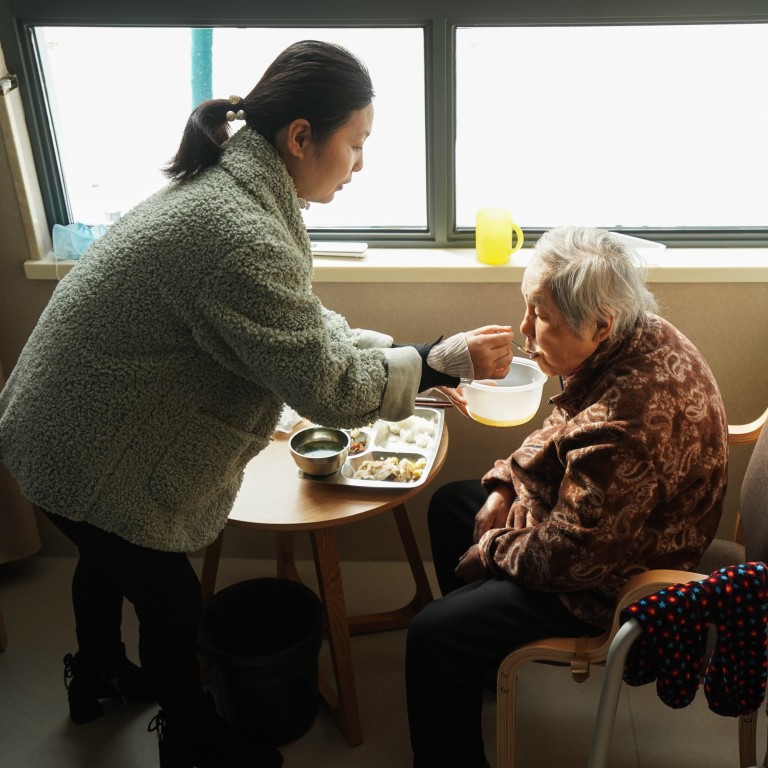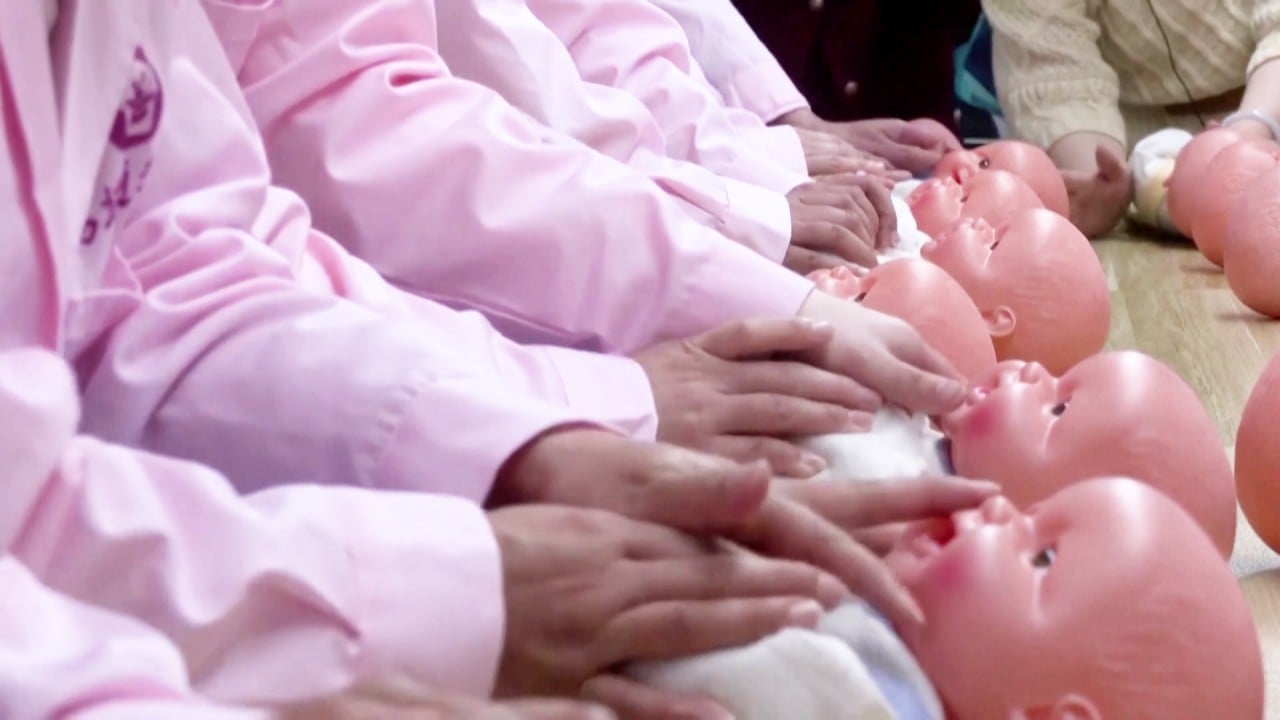
Can China’s elderly become a silver economic lining?
- State Council rolls out national blueprint to improve life for older generations, with hopes of new investment opportunities
- But Beijing must examine costs and impediments in healthcare, wealth management and other sectors or risk social instability and unwise spending
The document issued by the State Council is part of the country’s attempts to lighten the enormous needs of its rapidly ageing population and turn them into investment opportunities in the hope of igniting growth in the sluggish economy.
The document contains 26 measures that can be divided into four categories.
The first category directs state and private investment to provide services for elderly people, such as food delivery, canteens, community health centres, homes for the aged, day care services and mobile bathing service vehicles.
The second backs the nurturing of more service providers, including motivating state enterprises to set aside land for elderly service facilities and encouraging more social organisations and big private enterprises to tap into the market.
To boost research and product development, there are plans to build 10 silver economy industrial estates to be affiliated with existing industrial estates.
The third area would encourage the design and manufacture of products to meet the needs of the ageing population, ranging from rehabilitation equipment and supplements to robots that care for elderly people.
The government also wants to develop more financial products for the elderly to help them manage their wealth, and install lifts and other equipment to improve access in residential and public areas.
Mind the gap: China should foster digitally inclusive society as population ages
The fourth area aims to create a better environment, such as boosting scientific research into facilities and medicines for older people, incorporating housing for the elderly and other facilities into town planning and cracking down on scams.
In China, there were 209.78 million people aged over 65 in 2022, accounting for almost 15 per cent of the population.
Demographer Du Peng of Renmin University has predicted the number of citizens aged over 60 will rise by an average of 10 million people a year.
In recent months, government officials and advisers, including former World Bank economist Justin Lin Yifu, have touted the potential of the silver economy and highlighted how the ageing population presents an opportunity rather than a crisis.
China Central Television quoted a State Council researcher saying China’s silver economy accounted for about 6 per cent of the country’s GDP at 7 trillion yuan (US$1 trillion), and that it would reach 10 per cent of the GDP at 30 trillion yuan in 2035.
Seeing opportunity in a potential demographic crisis and formulating a more comprehensive policy package for the ageing society is a good attitude to have.
However, there are bottlenecks that China must break through, as well as caveats.
The first bottleneck is healthcare provision. Medical bills are expensive in mainland China. While the government wants to shift more of the burden to community healthcare institutes, they remain poor quality. Many people still have to head to hospitals in big cities and foot enormous medical bills for more serious diseases.
The second impediment is a shortage of good service providers because non-governmental organisations are not welcome in the mainland. Instead, the government hopes to nurture government-backed social organisations, and make use of grass-roots Communist Party committees and companies as service providers.
Reluctance to marry, have kids continued in 2022 amid China’s population woes
Growing reliable service providers is an issue: subsidiaries of the beleaguered property syndicates Evergrande Group and Country Garden Group were both big players in elder-care industries.
It is crucial to preserve the wealth of the elderly amid market instability. More than half of urban elderly residents rely on pensions to fund life after retirement and the government must find ways to preserve the values of their pensions or risk social instability.
Finally, the government must make sure the policy priority does not become another political movement that creates white elephants and poor quality projects.



